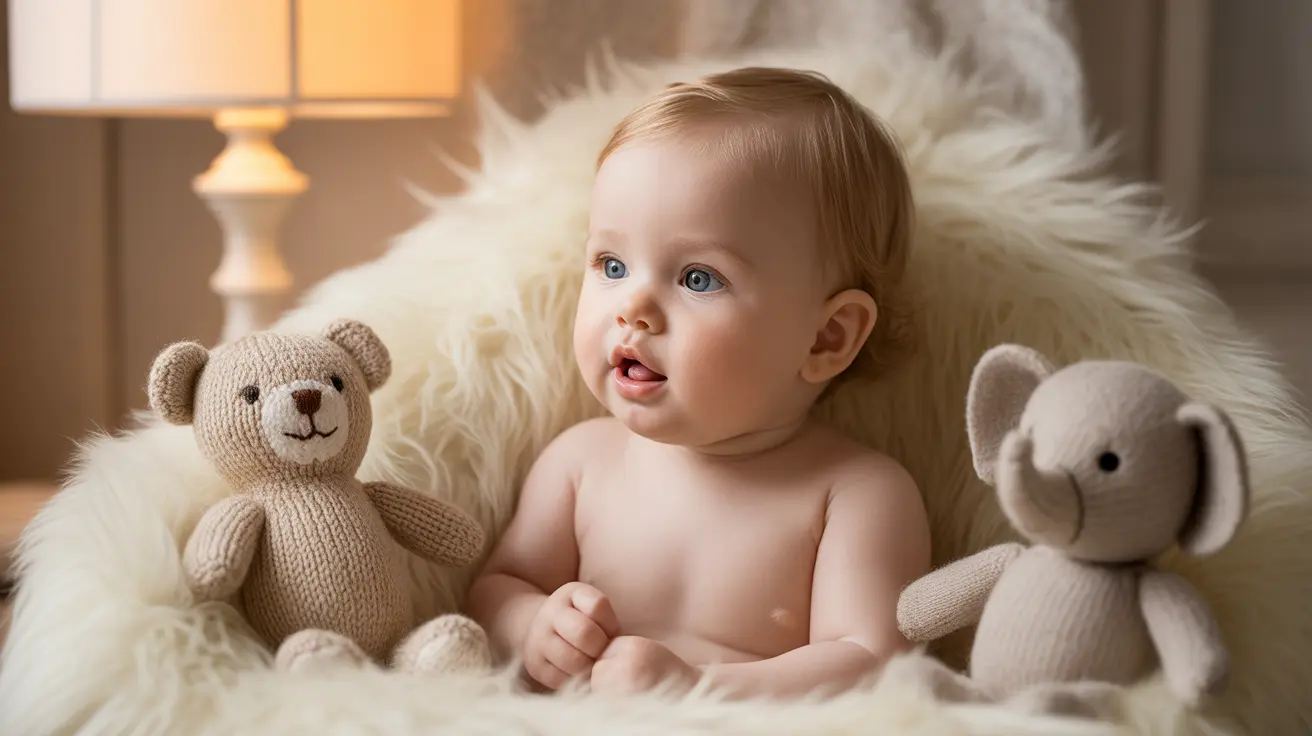As a parent, you may notice your baby licking their lips or making smacking sounds, which can naturally raise questions about what this behavior means. Understanding why babies engage in lip smacking and licking is crucial for distinguishing between normal developmental behaviors and potential concerns that may require medical attention.
This comprehensive guide will explore the various reasons behind your baby licking their lips, when this behavior is typical, and when it might signal something that needs closer attention.
Common Causes of Baby Lip Smacking
Babies may smack or lick their lips for several normal developmental and physiological reasons:
Hunger Cues
One of the most common reasons for baby lip smacking is hunger. This behavior is actually one of the earliest feeding cues your baby uses to communicate their need to eat. When you notice this sign early, you can respond before your baby becomes overly hungry and upset.
Teething Discomfort
During teething, babies often engage in various mouth movements, including lip smacking and excessive drooling. This behavior can help soothe their tender gums and provide relief from teething discomfort.
Learning and Development
Babies explore their world through their mouths, and lip smacking can be part of their normal developmental process. This behavior helps them learn about their oral capabilities and is often seen when they're discovering new tastes and textures.
When Lip Smacking May Signal Other Issues
Dry or Chapped Lips
Sometimes, babies lick their lips because they're experiencing dryness or chapping. This can create a cycle where frequent licking actually worsens the condition. Maintaining proper hydration and using appropriate moisturizing products can help address this issue.
Sensory Processing
In some cases, persistent lip smacking might be related to sensory processing differences. While this behavior alone isn't necessarily cause for concern, it's worth discussing with your pediatrician if it occurs frequently along with other developmental concerns.
Prevention and Soothing Strategies
To address lip smacking and support your baby's comfort, consider these approaches:
- Keep your baby well-hydrated
- Use a humidifier in their room
- Apply pediatrician-approved lip balm for chapping
- Respond promptly to hunger cues
- Provide appropriate teething tools when needed
When to Seek Medical Advice
While lip smacking is often normal, certain situations warrant professional medical attention:
- If the behavior persists extensively outside of feeding times
- When accompanied by unusual developmental patterns
- If there are signs of discomfort or distress
- When combined with feeding difficulties
- If you notice significant changes in behavior
Frequently Asked Questions
- What are the common reasons for a baby to smack or lick their lips, and when should I be concerned?
Common reasons include hunger, teething, exploration, and learning. Be concerned if the behavior is excessive, accompanied by distress, or combined with developmental delays or feeding problems.
- How can I soothe my baby if they are smacking their lips due to teething or hunger?
For teething, offer appropriate teething toys or a cool washcloth. For hunger, respond promptly to these early feeding cues. Maintain regular feeding schedules and ensure proper hydration.
- What are the differences between lip smacking caused by development versus other more serious conditions like autism?
Developmental lip smacking typically occurs during specific activities like feeding or exploration and varies in frequency. In contrast, persistent, repetitive lip smacking unrelated to specific situations might warrant further evaluation, especially when combined with other developmental concerns.
- Is lip smacking in babies a sign of dry or chapped lips, and how can I prevent or treat this condition?
Yes, lip smacking can indicate dry or chapped lips. Prevent this by maintaining good hydration, using a humidifier, and applying pediatrician-approved moisturizing products. Avoid letting your baby lick their lips excessively.
- What are the signs that a baby's lip smacking might be related to a medical issue, and when should I seek pediatric advice?
Seek medical advice if lip smacking is excessive, occurs with feeding difficulties, causes distress, or accompanies other concerning symptoms. Also consult your pediatrician if the behavior persists unusually long or interferes with daily activities.




